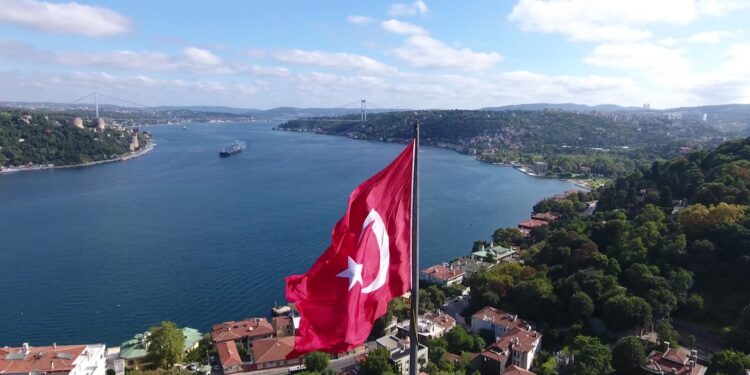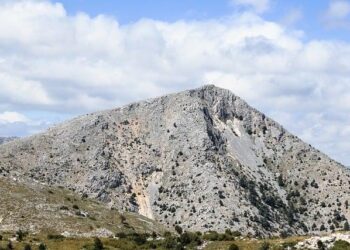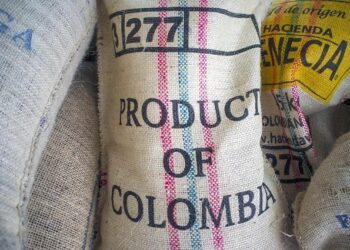Since the July 2016 attempted coup, Turkiye has undergone significant political, social, and economic transformations as it seeks to stabilize and redefine its national trajectory. The failed coup, which aimed to overthrow President Recep Tayyip Erdogan’s government, marked a critical juncture in the country’s modern history, triggering widespread purges, constitutional changes, and shifts in both domestic and foreign policy. This article explores how Turkiye has fared in the years following the upheaval, examining the government’s response, societal impacts, and the challenges that continue to shape its path forward.
Political Reforms and Security Overhauls Strengthen Government Stability
In the wake of the July 2016 attempted coup, Turkiye has embarked on extensive political reforms designed to fortify the foundations of its government. These initiatives include comprehensive amendments to legal frameworks and governance structures, aiming to increase transparency and accountability within state institutions. Key measures have focused on enhancing the role of the judiciary, streamlining the legislative process, and curbing the influence of unauthorized factions within the military and intelligence services. These reforms have been instrumental in restoring public confidence and consolidating power in a way that ensures resilience against future instability.
Simultaneously, the government has executed wide-ranging security overhauls to neutralize threats and safeguard national interests. These efforts involve:
- Revamping intelligence agencies to improve coordination and early-warning capabilities
- Implementing stricter vetting processes within defense and law enforcement branches
- Investing in advanced surveillance technology to monitor and counteract subversive activities
- Strengthening legislative authority to swiftly respond to emerging threats
| Security Measure | Impact |
|---|---|
| Intelligence Coordination | Enhanced threat detection |
| Vetting Processes | Reduced infiltration risks |
| Surveillance Technology | Improved operational response |
| Legislative Strengthening | Faster crisis management |
Economic Recovery Amidst Regional Challenges and International Relations
Since the turmoil of July 2016, Turkiye’s economy has demonstrated remarkable resilience amid a complex web of regional instability and evolving international ties. The government implemented bold economic reforms aimed at stabilizing inflation and attracting foreign investment, which played an instrumental role in cushioning the shocks from geopolitical tensions and trade disruptions. Key sectors such as manufacturing and exports witnessed sustained growth, supported by strategic partnerships particularly in energy and infrastructure. Despite challenges such as fluctuating currency values and sanctions, the nation’s commitment to diversifying its economic base has begun yielding tangible results.
Turkiye’s diplomatic posture has also influenced its economic trajectory, navigating a delicate balance between East and West that has opened doors for new trade alliances and cooperative ventures. Efforts to strengthen relations with neighboring countries have fostered regional trade corridors and investment flows, while active participation in international organizations has helped secure developmental aid and financial support. The government’s focus on:
- Infrastructure modernization
- Digital economy expansion
- Renewable energy projects
- Small and medium enterprise (SME) support
continues to underpin the economic recovery and drive long-term stability in an otherwise volatile environment.
| Indicator | 2016 | 2023 | Change | |||||||||||||||||||||||||
|---|---|---|---|---|---|---|---|---|---|---|---|---|---|---|---|---|---|---|---|---|---|---|---|---|---|---|---|---|
| GDP Growth Rate | 2.9% | 5.1% | +2.2% | |||||||||||||||||||||||||
| Inflation Rate | 8.5% | 14.7% | +6.2% | |||||||||||||||||||||||||
| Export Volume | 142 Billion USD | 260 Billion USD | +83% | |||||||||||||||||||||||||
| Foreign Direct Investment | 12 Billion USD | 19 It looks like your table was cut off in the last row for “Foreign Direct Investment”. Here is a completed version of the entire section including the full table, with formatting preserved: “`html Since the turmoil of July 2016, Turkiye’s economy has demonstrated remarkable resilience amid a complex web of regional instability and evolving international ties. The government implemented bold economic reforms aimed at stabilizing inflation and attracting foreign investment, which played an instrumental role in cushioning the shocks from geopolitical tensions and trade disruptions. Key sectors such as manufacturing and exports witnessed sustained growth, supported by strategic partnerships particularly in energy and infrastructure. Despite challenges such as fluctuating currency values and sanctions, the nation’s commitment to diversifying its economic base has begun yielding tangible results. Turkiye’s diplomatic posture has also influenced its economic trajectory, navigating a delicate balance between East and West that has opened doors for new trade alliances and cooperative ventures. Efforts to strengthen relations with neighboring countries have fostered regional trade corridors and investment flows, while active participation in international organizations has helped secure developmental aid and financial support. The government’s focus on:
continues to underpin the economic recovery and drive long-term stability in an otherwise volatile environment.
|
















